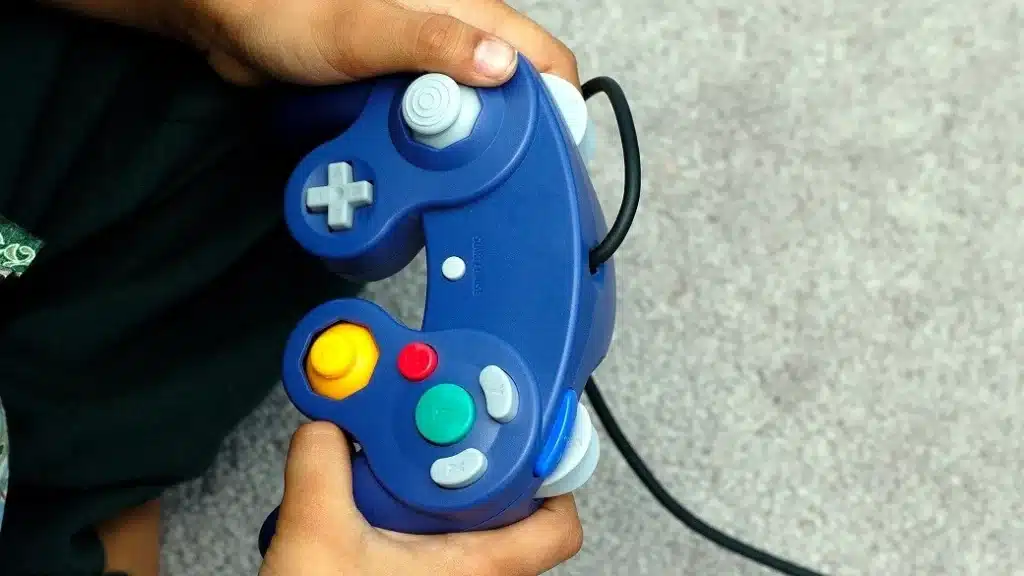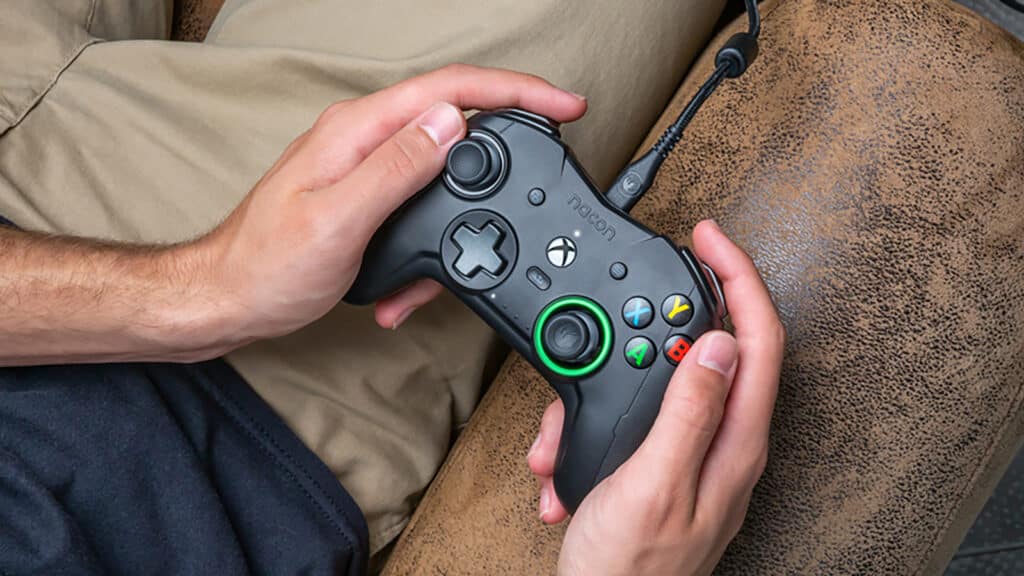As gaming has evolved, so, too, have the peripherals we use to play our favorite games. One of the biggest debates in the gaming community is whether to choose a wired or wireless controller. Both options have their advantages and disadvantages, so it’s important to weigh them carefully before making a purchase. In this article, we’ll explore the pros and cons of both wired and wireless controllers and help you decide which one is right for you.
Wired Controllers: Stability and Affordability

Wired controllers have been a staple of gaming since the earliest days of consoles. They are reliable, durable, and, most importantly, always connected. With a wired controller, you don’t have to worry about lag, interference, or signal drops. You simply plug in your controller, and you’re ready to play. Wired controllers are also generally more affordable than their wireless counterparts. You don’t have to worry about buying batteries or charging your controller, and you can often find wired controllers for a fraction of the cost of wireless ones.
However, there are some drawbacks to wired controllers. First, they can be restrictive in terms of movement. You are tethered to your console, which can be inconvenient if you like to move around while you play. Second, the cables can be cumbersome and get in the way, especially if you have a lot of peripherals connected to your console.
Wireless Controllers: Freedom and Convenience

Wireless controllers, on the other hand, offer a level of freedom and convenience that wired controllers simply can’t match. With a wireless controller, you can move around your room, sit further away from your console, and generally have a more relaxed and comfortable gaming experience. Wireless controllers also eliminate the need for cables, making them much easier to manage and organize. They can also connect to multiple devices, so you can use them with your PC, mobile device, and other consoles.
However, there are some downsides to wireless controllers. First, they can be more expensive than wired controllers. You have to factor in the cost of batteries or the price of a rechargeable battery pack. Second, wireless controllers can be prone to interference, which can cause lag, signal drops, and other issues. Finally, wireless controllers have limited battery life and need to be recharged periodically, which can be inconvenient if you forget to charge them.
Choosing the Right Controller for You

So, which one should you choose? The answer really depends on your personal preferences and gaming habits. If you’re looking for stability and affordability, a wired controller is a way to go. If you want freedom and convenience, a wireless controller is the better choice. However, there are some other factors to consider. For example, if you’re a competitive gamer who needs the most precise controls and fastest response times, a wired controller may be the better option. If you’re a casual gamer who values convenience and ease of use, a wireless controller may be the way to go.
It’s also worth considering the type of games you play. If you mostly play single-player games that don’t require fast reflexes, a wireless controller is a great choice. If you play a lot of competitive online games, a wired controller may be the better option. Finally, it’s important to consider your budget. Wireless controllers can be more expensive, so if you’re on a tight budget, a wired controller may be the better option. In conclusion, the choice between a wired and wireless controller really depends on your personal preferences and gaming habits. Wired controllers are reliable and affordable, but they can be restrictive in terms of movement. Wireless controllers offer freedom and convenience, but they can be more expensive and prone to interference.










